7 Best Data Labeling And Annotation Service Providers For Sports Industry
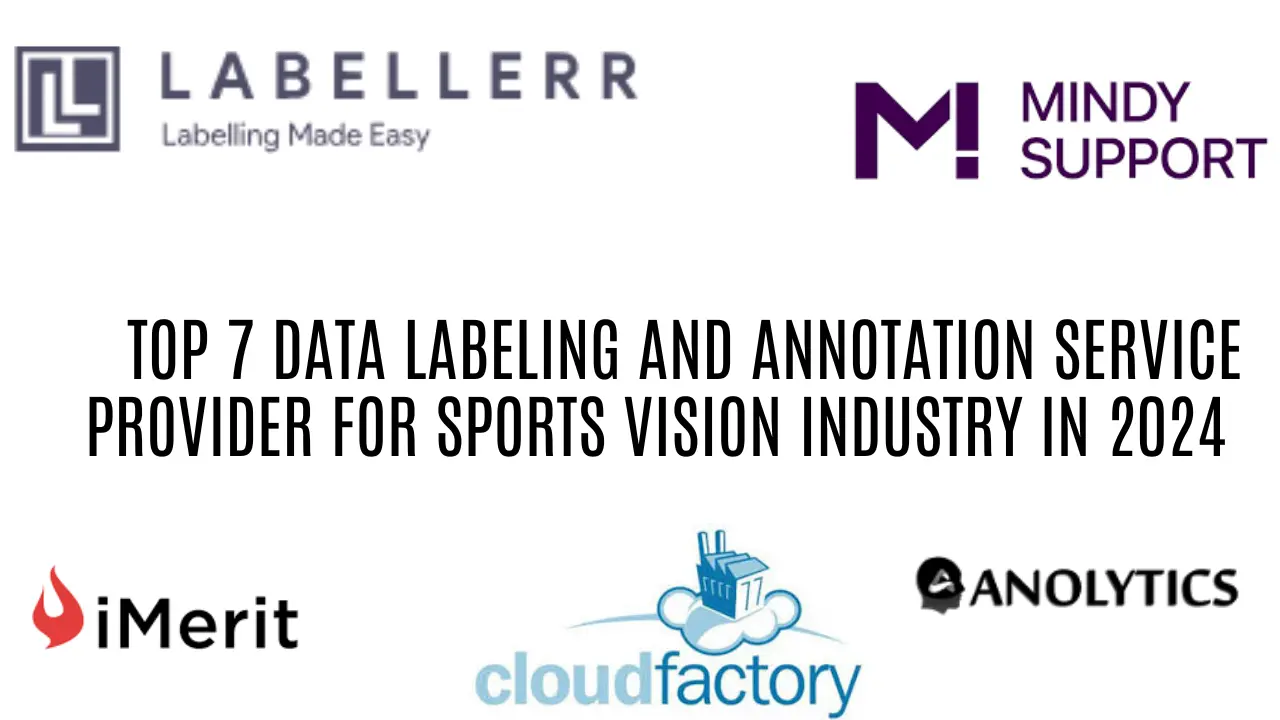
In the era of digital transformation, the sports vision industry is undergoing a revolution driven by advanced technologies such as artificial intelligence (AI) and machine learning (ML).
At the heart of this transformation lies data—specifically, the meticulous labeling and annotation of vast datasets of sports footage. These processes are essential for training AI models to accurately analyze and interpret complex visual information in sports contexts, from player movements and ball trajectories to crowd behavior and officiating decisions.
Data labeling and annotation involve the identification and tagging of objects, events, and actions within video frames or images.
The sports vision industry encompasses a broad spectrum of applications, including performance analysis, injury prevention, game strategy development, and fan engagement.
The sports vision industry demands specialized services due to the unique challenges it presents, such as fast-paced action, diverse playing environments, and the need for real-time analysis.
This blog will explore the top data annotation service providers in the sports vision industry, highlighting their unique offerings, technologies, and the value they bring to sports organizations worldwide.
Table of Contents
- Key Applications of Data Annotation and Labeling in the Sports Vision Industry
- Labellerr
- iMerit
- CloudFactory
- Mindy Support
- Anolytics
- Kili Technologies
- Clarifai
- Conclusion
- FAQ
Key Applications of Data Annotation and Labeling in the Sports Vision Industry
Performance Analysis
Technique Refinement: By annotating specific movements and actions, coaches can analyze the biomechanics of athletes, leading to refined techniques and improved efficiency in movements.
Progress Tracking: Annotated data over time helps track an athlete's progress, highlighting improvements or regressions in performance, and allowing for data-driven adjustments to training regimens.
Comparative Analysis: Athletes can be compared against benchmarks or elite performers in their field, using annotated data to highlight areas where they excel or need improvement.
Psychological Insights: Analyzing behavior and body language through annotated video can provide insights into an athlete's psychological state, aiding in mental conditioning strategies.
Player Monitoring
Movement Pattern Analysis: Labeling data related to joint angles, force application, and movement patterns helps in identifying risky behaviors that could lead to injuries.
Recovery Monitoring: Post-injury, annotated data can be used to monitor an athlete’s recovery process, ensuring they return to optimal performance levels safely.
Load Management: Annotated data helps in understanding the impact of workload and intensity, allowing for better management to prevent overtraining and related injuries.
Customized Training Programs: Data-driven insights from annotations enable the creation of personalized training programs that mitigate specific injury risks for individual athletes.
Game Strategy Development
Tactical Insights: Detailed annotation of various play phases helps in understanding and developing effective tactical plans tailored to counter opponents’ strategies.
Player Positioning: Analyzing annotated data on player positioning and movement patterns provides insights into optimal formations and spatial arrangements.
Play Prediction: AI models trained on annotated game data can predict opponents' next moves, giving teams a strategic advantage during matches.
Scenario Planning: Annotated data allows coaches to simulate various game scenarios and devise strategies to handle different situations effectively.
Referee Assistance and Officiating
Automated Decision Support: Annotated video data enhances the accuracy of automated systems in detecting fouls, offsides, and other critical events, supporting human referees in making precise decisions.
Video Assistant Referee (VAR) Systems: Detailed event annotations improve the efficiency and accuracy of VAR systems, ensuring fair and just officiating during matches.
Consistency in Officiating: By training AI systems on annotated data, the consistency and objectivity of refereeing decisions can be improved, reducing human error and bias.
Post-Match Analysis: Annotated data provides a basis for post-match reviews and analysis, helping referees and officials to learn and improve their decision-making processes.
Digital Advertisement in Sports
Digital advertisement within sports arenas, such as on-screen and boundary fields, has become a crucial element of modern sports marketing. Utilizing data annotation and labeling tools, these advertisements can be made more dynamic and targeted, enhancing viewer engagement and sponsor value.
Targeted Ad Placement: AI models can analyze viewer demographics and behavior to place ads that are most relevant to the audience, increasing the effectiveness of the advertisements.
Real-Time Ad Adjustments: Annotated data allows for real-time adjustments to digital ads based on the flow of the game or crowd reactions, optimizing ad impact.
Enhanced Viewer Engagement: Interactive and augmented reality ads can be developed using annotated data to engage fans more deeply during the game.
Performance Analytics: Detailed labeling and tracking of ad performance provide insights into viewer interactions and ROI, helping refine future advertising strategies.
Top Data Labeling and Annotation Service Providers in the Sports Vision Industry
The sports vision industry relies on specialized data labeling and annotation service providers to ensure the accuracy and efficiency of their AI-driven analytics.
1) Labellerr

Labellerr stands out as a powerful tool for data labeling and annotation tasks in the sports industry. Here's a breakdown of its key features, user reviews, and pricing:
Pros:
Feature-rich Segmentation: Perform faster segmentation with pixel perfection. Drag polygon and auto-bordering features prevent overlapping adjacent objects.
Auto-labeling: Accelerate use cases with semantic segmentation using features like SAM and active learning.
Professional Annotation Team: Handle large data volumes with fast turnaround times.
Custom SLA: Starting from 24 hours for batch completion.
24/7 Tool Support: Available for the Enterprise Plan.
Robust QA Process: Set up QA processes that include agreement between annotators, comparison based on ground truth and IOU metrics, model-assisted QA, generative AI-powered QA, and sample visual quality assurance.
Dedicated Account Manager: Manage daily/weekly output efficiently.
Data Privacy and Security Compliance: Comply with HIPAA and GDPR regulations.
Multi-tier Pricing: options based on quality measurement. The default QC process includes 1 round of annotation and 1 round of QC, customizable to match the expected output, timeline, and budget.
Cons:
Limited Format Support: This does not currently support point cloud and 3D data formats.
Pricing:
Pro Plan: Starts at $499 per month for 10-user access with 50,000 data credits included. Additional data credits can be purchased at $0.01 USD per data credit, and extra users can be subscribed to at $29 USD per user.
Enterprise Plan: Offers professional services, including tool customization and ML consultancy apart from custom data, workspace, and other limitations.
2. iMerit
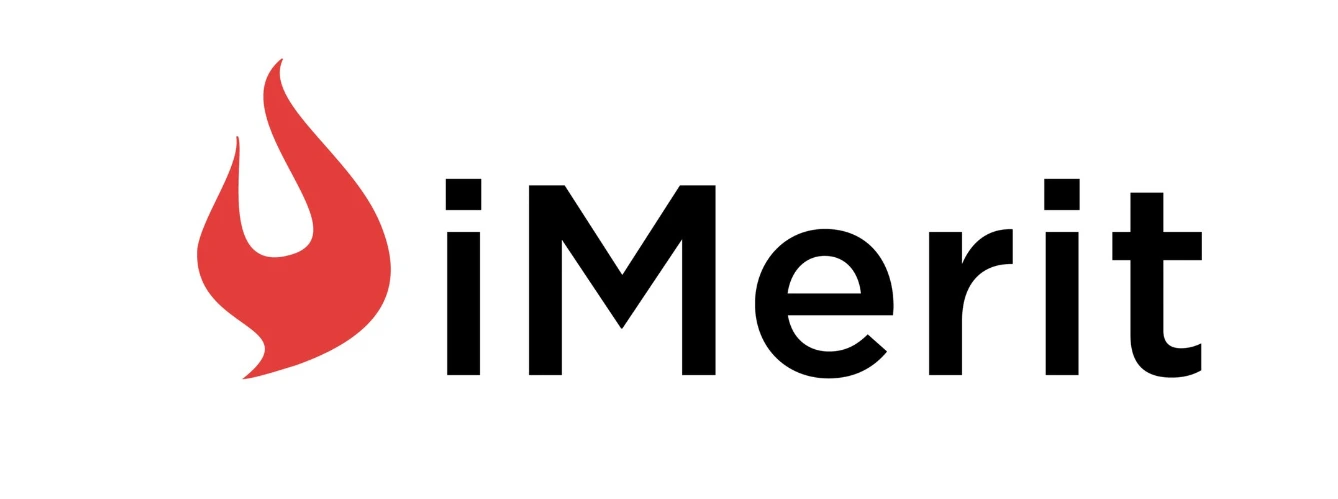
iMerit is a leading provider of data annotation services, known for its high-quality, scalable solutions tailored to the needs of the sports vision industry.
Features:
Expert Workforce: Employs a skilled team with deep expertise in sports data annotation.
Scalable Solutions: Offers scalable annotation services to handle large volumes of sports data.
Quality Assurance: Implements rigorous quality control processes to ensure accuracy and consistency.
Customized Services: Provides bespoke annotation solutions to meet the specific needs of different sports.
3. CloudFactory
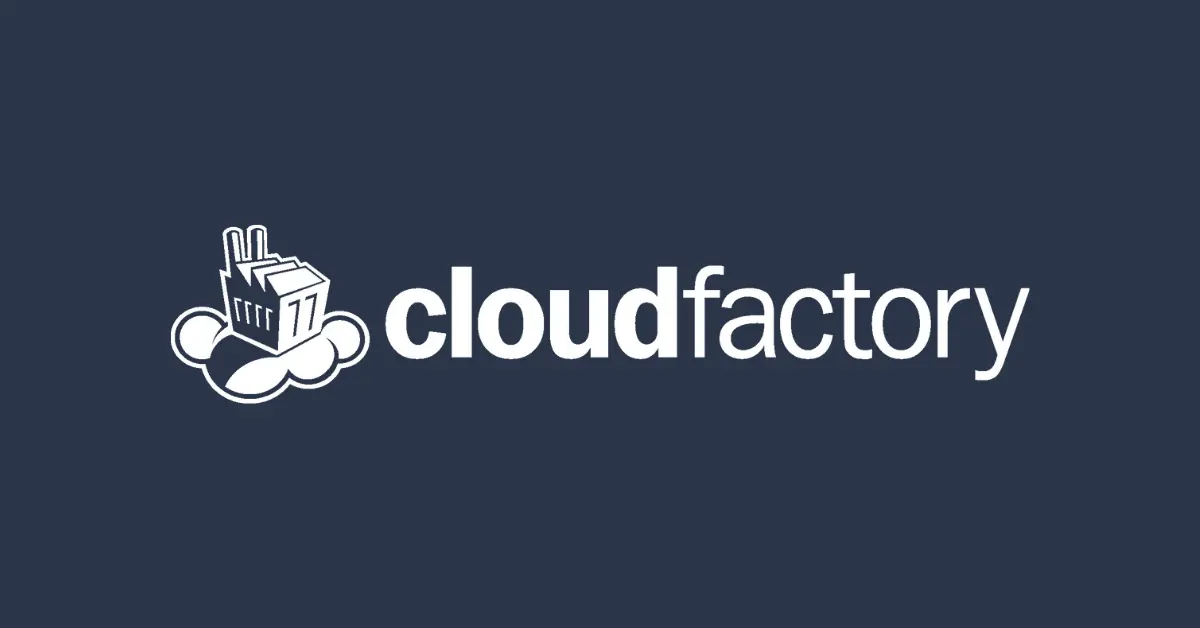
CloudFactory is renowned for its flexible and scalable workforce solutions, which are ideal for the dynamic and fast-paced requirements of sports data annotation.
Features:
On-Demand Workforce: Provides access to a large, scalable workforce for handling fluctuating annotation needs.
Advanced Tools: Utilizes cutting-edge annotation tools to enhance the accuracy and efficiency of sports data labeling.
Global Talent: Leverages a diverse, global talent pool to ensure comprehensive coverage and expertise.
Ethical Practices: Committed to ethical outsourcing practices, ensuring fair treatment and development opportunities for workers.
4. Mindy Support
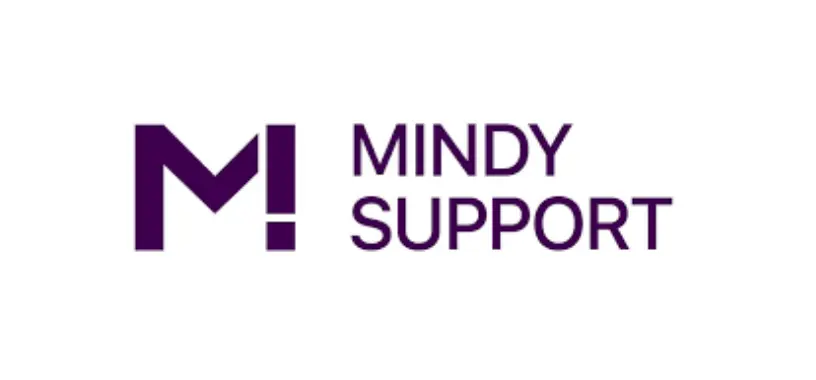
Mindy Support offers comprehensive data annotation services with a strong emphasis on quality and client satisfaction, catering to various industries, including sports vision.
Features:
High-Quality Annotations: Ensures high precision in data labeling through meticulous quality checks.
Cost-Effective Solutions: Provides affordable annotation services without compromising on quality.
Client-Centric Approach: Tailors services to meet the unique requirements of each client, ensuring optimal outcomes.
Dedicated Teams: Offers dedicated teams for long-term projects, fostering deep expertise and consistency.
5. Anolytics
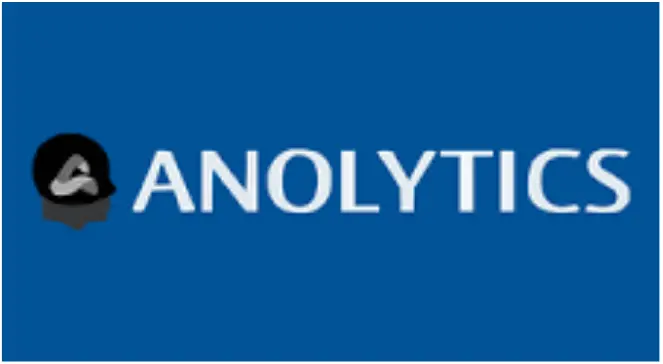
Anolytics specializes in providing high-quality data annotation services tailored to various industries, including sports vision, ensuring precise and reliable data for AI models.
Features:
Comprehensive Services: Offers a wide range of annotation services, from video labeling to image segmentation, catering to diverse sports data needs.
High Accuracy: Maintains stringent quality control measures to ensure high accuracy in annotations.
Flexible Solutions: Provides flexible solutions that can be customized to meet the specific requirements of different sports analytics projects.
Advanced Tools: Utilizes advanced annotation tools to enhance the efficiency and precision of data labeling processes.
6. Kili Technologies
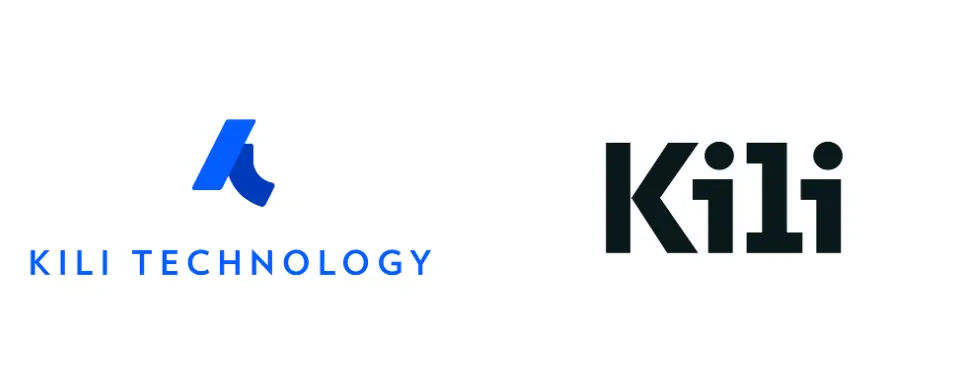
Kili Technologies is known for its powerful annotation platform that combines advanced technology with ease of use, making it a preferred choice for sports data labeling.
Features:
User-Friendly Platform: Features an intuitive platform that simplifies the annotation process for users, even those without technical expertise.
AI-Assisted Annotations: Leverages AI to assist in the annotation process, improving speed and accuracy.
Collaboration Tools: Offers robust collaboration tools, enabling teams to work together seamlessly on large annotation projects.
Scalability: Designed to scale with the needs of growing sports data projects, accommodating increasing volumes of data.
7. Clarifai
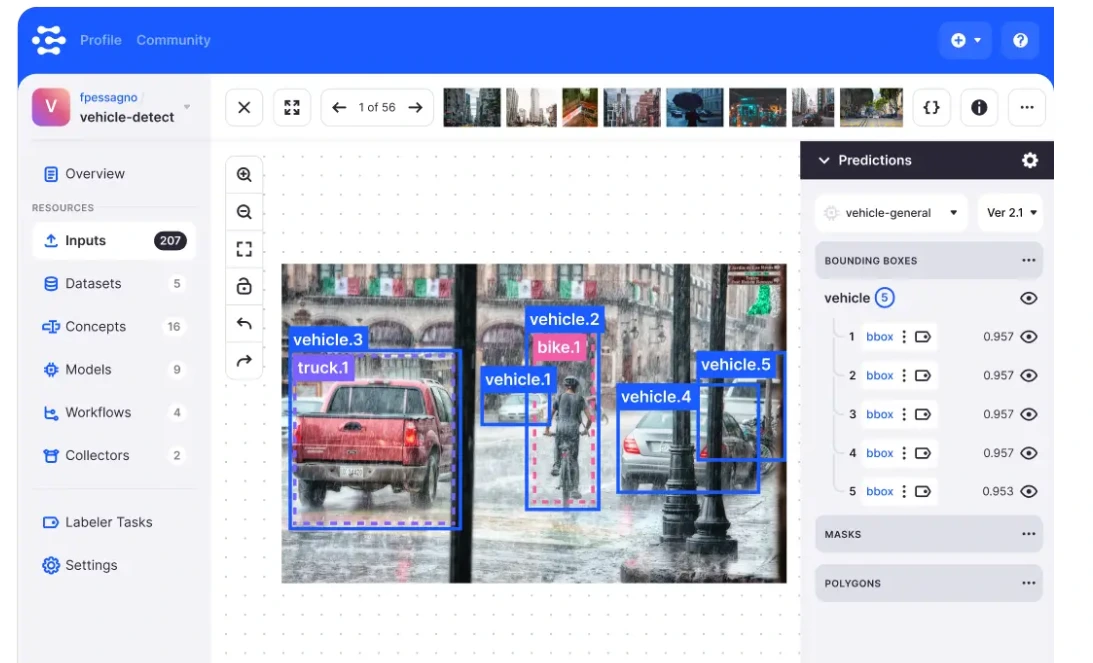
Clarifai provides cutting-edge AI-powered annotation tools and services, making it a strong player in the sports vision industry for its innovative and efficient solutions.
Features:
AI-Powered Platform: Utilizes advanced AI to automate and enhance the annotation process, reducing manual effort and increasing efficiency.
Comprehensive API: Offers a robust API that allows easy integration with existing systems and workflows in the sports industry.
Custom Models: Enables the creation of custom models tailored to specific sports data needs, ensuring precise and relevant annotations.
End-to-end Solutions: Provides end-to-end annotation solutions, from data preparation to model deployment, supporting the entire AI lifecycle.
These providers, with their unique strengths and innovative approaches, are crucial in helping sports organizations leverage AI and machine learning for enhanced performance analysis, strategic planning, and fan engagement.
Conclusion
As the sports vision industry continues to evolve, the role of data labeling and annotation services becomes increasingly critical.
The ability to accurately analyze and interpret sports footage through AI and machine learning hinges on the quality of annotated data.
These companies bring a wealth of expertise, advanced tools, and scalable solutions to the table, ensuring that sports organizations can efficiently process large volumes of data.
Their services enable precise player movement tracking, game strategy analysis, and enhanced fan engagement through real-time insights. By partnering with these top providers, the sports vision industry can harness the full potential of AI and ML, driving innovation and competitive advantage.
FAQ
Q1: What is data labeling and annotation in the context of sports vision?
A: Data labeling and annotation involve identifying and tagging objects, events, and actions within sports footage. This process is essential for training AI models to accurately analyze and interpret visual data, such as player movements, ball trajectories, and game events.
Q2: Why is data labeling important for the sports vision industry?
A: Accurate data labeling is crucial for developing reliable AI and machine learning models that can provide insights into game strategy, player performance, and fan engagement. High-quality annotations ensure these models can make precise predictions and analyses.
Q3: What types of data annotation services are commonly used in sports vision?
A: Common types of data annotation services in sports vision include video labeling, image segmentation, object detection, keypoint annotation (e.g., for tracking player movements), and event tagging (e.g., goals, fouls).

Simplify Your Data Annotation Workflow With Proven Strategies
Download the Free Guide

